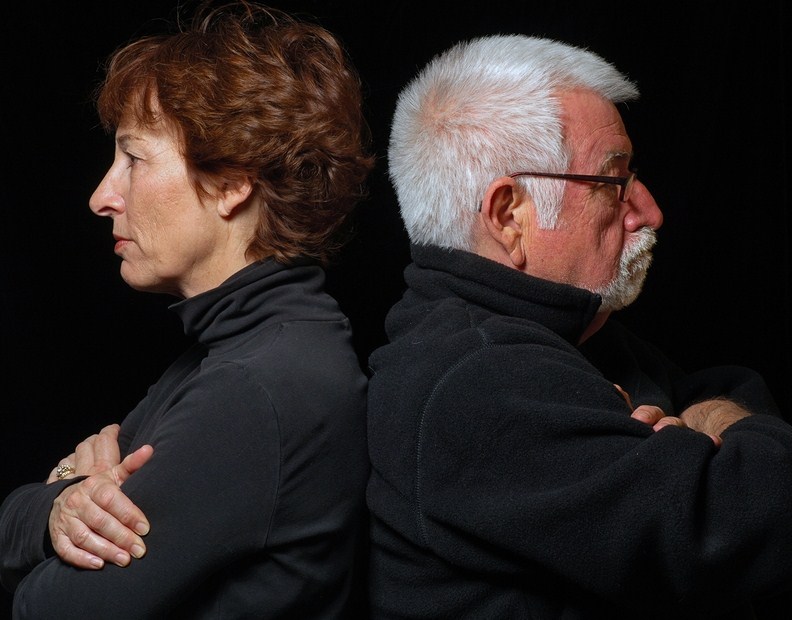Albert King? Booker T. Jones? William Bell? Dick Gregory? E. K. Means? Sidney Sutherland? Sidney Skolsky? Bill Brisson? Anonymous?
Dear Quote Investigator: A popular blues song from the 1960s contains the following memorable lament:
If it wasn’t for bad luck, I wouldn’t have no luck at all.
How old is this mordant quip? Would you please explore its history?
Quote Investigator: This saying is difficult to trace because it can be expressed in many ways. The earliest match located by QI occurred in a short story titled “At the End of the Rope” by E. K. Means (Eldred Kurtz Means) published in “Munsey’s Magazine” of New York in 1927. The tale was part of a series set in the fictional small town of Tickfall. The following passage employed nonstandard spelling. Boldface added to excerpts by QI: 1
“It wus a bad time for me when I come to Tickfall. I’m shore had bad luck; but ef dar warn’t no bad luck, I wouldn’t hab no luck at all.”
Below are additional selected citations in chronological order.
In 1928 E. K. Means used the quip again in the story “One Kind Deed” published in “Munsey’s Magazine”: 2
“I wus always kind of stand-offish wid him, because he seemed to hab all de good luck dar wus,” Skeeter said. “Now, wid me, ef dar warn’t no bad luck, I wouldn’t hab no luck at all …”
In 1930 Sidney Skolsky writing in the “Daily News” of New York credited another journalist: 3
Credit Sidney Sutherland, feature writer for Liberty, with this bright saying: “I’m like the gambler. If it wasn’t for bad luck I wouldn’t have any luck at all.”
In 1947 a columnist in Rochester, New York attributed the saying to his friend named Bill Brisson of Monroe, Louisiana who owned a property which burned down: 4
“It is not anything but just my luck. I guess if it wasn’t for bad luck, I wouldn’t have any luck at all.”
“I own a house. I fix it up. I am ready to rent it. The day before it is completely fixed, it burns down.”
In 1953 a journalist writing in “The Philadelphia Inquirer” reported on an overheard conversation: 5
It was on May 3 that the next interesting development occurred. This was a lady speaking to another lady on the subway platform at Girard ave. “My daughter says if it wasn’t for bad luck she wouldn’t have any luck at all,” the lady reported.
In 1959 a columnist in Kansas City, Missouri attributed to remark to another newspaper’s scribe: 6
It was the kind of a day, Collins Ewing laments in the Odessa Odessan, that made you try to remember the other part of that old blues song that mourned, “If it wasn’t for bad luck, I wouldn’t have any luck at all.”
In June 1961 a columnist in “The Los Angeles Times” stated that he heard an instance of the joke from comedian Dick Gregory: 7
“If it wasn’t for bad luck when I was a kid I wouldn’t have had any luck at all,” Dick confided to me. “I used to shine shoes in taverns when I was 5 years old.”
In September 1961 a journalist reported that the joke was used by Dick Gregory during a nightclub performance in San Francisco: 8
Onstage at the hungry i, in San Francisco, comic Dick Gregory bemoans his ill-fortune. “If it weren’t for bad luck, I wouldn’t have any luck at all,” he cracks.
In 1967 U.S. guitarist and singer Albert King recorded the song “Born Under a Bad Sign”. The lyrics were written by bandleader Booker T. Jones and vocalist William Bell. In 1968 a journalist in “New York Magazine” described a performance: 9
King raises a voice like a powerful but sluggish muscle and cries, “Born under a bad sign, been down since I begin to crawl. If it wasn’t for bad luck, I wouldn’t have no luck at all.”
The precise lyrics vary slightly. A YouTube recording contains “began” instead of “begin” together with the added phrase “you know”: 10
Born under a bad sign; been down since I began to crawl. If it wasn’t for bad luck, you know I wouldn’t have no luck at all.
In 1968 a variant appeared in the compilation “20,000 Quips and Quotes”: 11
There are three kinds of people: those who have good luck, those who have bad luck, and those who have no luck at all.
In 2000 “Encarta Book of Quotations” printed a thematically related saying: 12
Even for bad luck you need luck. Yiddish proverb.
In conclusion, E. K. Means helped to popularize this quip starting in 1927. However, QI hypothesizes that the saying was already circulating before that year. Sidney Sutherland received credit for the joke from a colleague in 1930. During the ensuing decades many employed the remark including comedian Dick Gregory. The song “Born Under a Bad Sign” by lyricists Booker T. Jones and William Bell supercharged the popularity of the saying.
Image Notes: Horseshoe and clovers. Publlic domain image from “Webster’s Encyclopedia of Useful Information and World’s Atlas” (1889).
(Great thanks to Andrew Hollandbeck whose inquiry led QI to formulate this question and perform this exploration.)




